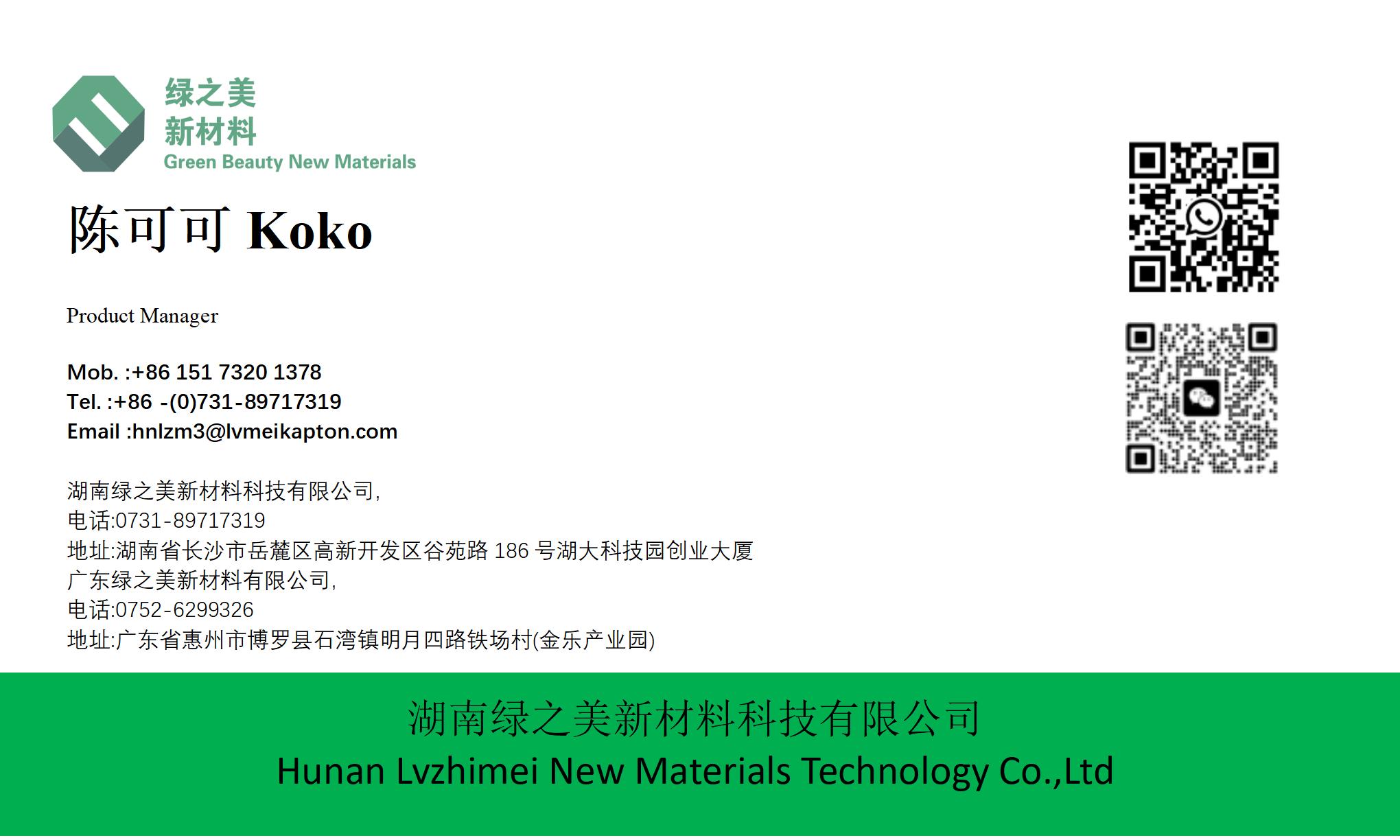



What New Formulations in PI Tape Mean for the Future of Flexible PCBs | https://www.lvmeikapton.com/
The flexible PCB industry is experiencing a remarkable surge in innovation and application, driven by the increasing demand for lightweight, durable, and high-performance electronic devices. Central to this advancement is the evolution of polyimide (PI) tape, a critical material in the manufacturing of flexible PCBs. Understanding the new formulations in PI tape is essential for grasping the future trajectory of flexible PCB technology.
One of the most significant advancements in PI tape formulations is the incorporation of enhanced thermal management properties. With the growing complexity of electronic circuits and their operation in high-temperature environments, PI tapes are now being developed with superior heat resistance. This ensures that flexible PCBs can maintain their integrity and performance even under extreme thermal conditions, expanding their applicability in industries such as automotive, aerospace, and industrial automation.
Another important development is the improvement in mechanical flexibility. PI tapes are being formulated to offer greater flexibility and durability, allowing flexible PCBs to withstand repeated bending and twisting without degradation. This is particularly crucial for applications in wearable electronics, where the PCB must conform to the human body and endure continuous movement.
In addition, advancements in adhesive technology are enhancing the bond strength and reliability of PI tapes. New formulations provide stronger adhesion to a wide range of substrates, ensuring that the tape remains securely attached to the PCB throughout its lifecycle. This is vital for maintaining the structural integrity and electrical performance of flexible circuits.
The chemical resistance of PI tapes is also undergoing significant improvements. As flexible PCBs are increasingly used in environments exposed to corrosive chemicals, PI tapes must be formulated to resist degradation and maintain their properties. This ensures that the tape can protect the PCB from chemical damage, extending its operational life and reliability.
Furthermore, the development of PI tapes with enhanced electrical properties is supporting the advancement of high-speed and high-frequency circuits. New formulations offer improved dielectric strength and lower dielectric constant, reducing signal loss and enabling faster data transmission. This is essential for the next generation of electronic devices, including 5G technology, IoT devices, and advanced medical equipment.
The future of flexible PCBs is also being shaped by the trend towards eco-friendly materials. As environmental concerns grow, there is a rising demand for sustainable PI tape formulations that minimize environmental impact. This includes the use of biodegradable materials and processes that reduce waste and energy consumption.
In conclusion, the new formulations in PI tape are paving the way for the future of flexible PCBs. With advancements in thermal management, mechanical flexibility, adhesive properties, chemical resistance, and electrical performance, PI tapes are enabling the development of more advanced and reliable flexible electronics. As these materials continue to evolve, the potential applications for flexible PCBs will expand, driving innovation across a wide range of industries.





